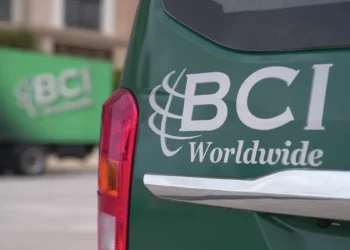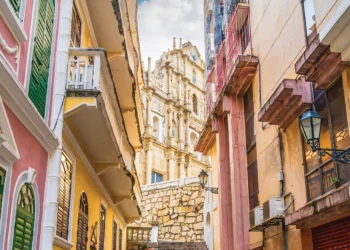Now more than ever it appears that Thailand will finally realize a legal casino gaming industry, although it remains to be seen what form it will take.
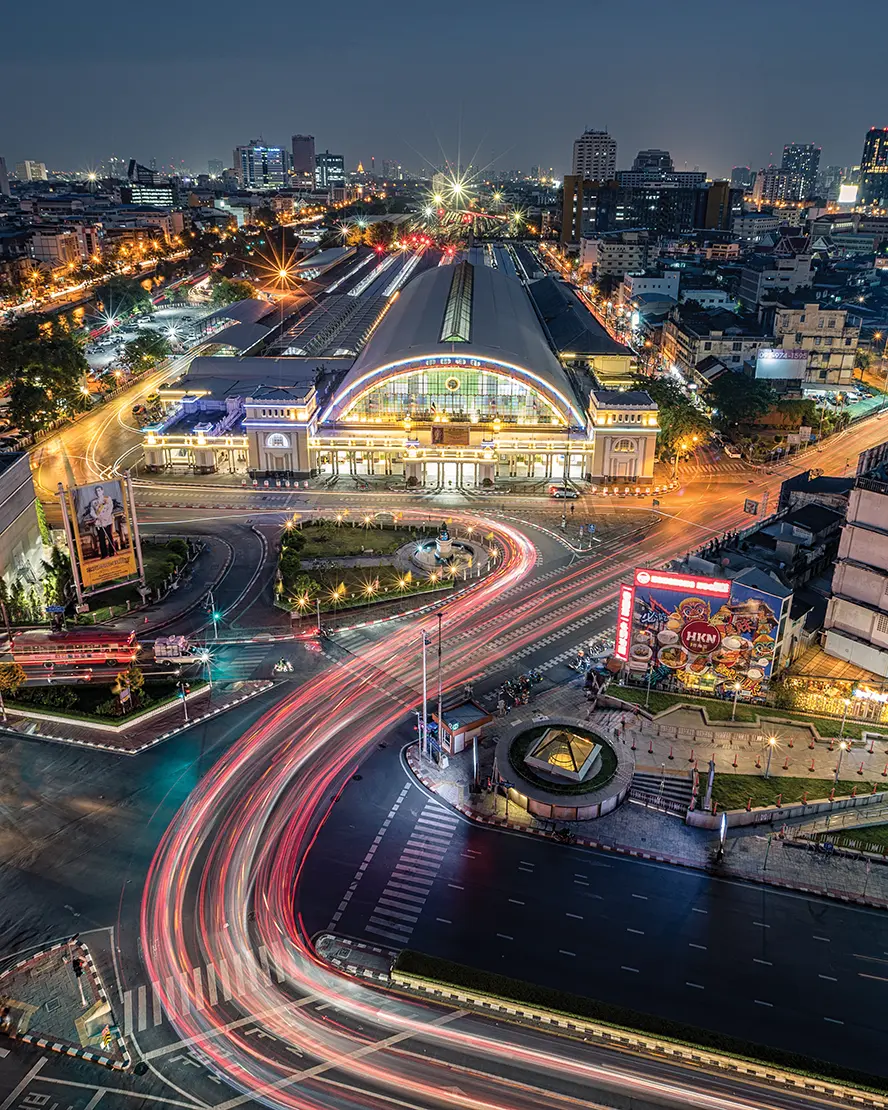 Long considered a pipe dream, the narrative around a legalized casino industry in Thailand is shifting.
Long considered a pipe dream, the narrative around a legalized casino industry in Thailand is shifting.
In late July, a parliamentary committee formed last year to study the feasibility of opening Thailand’s first legal casinos submitted its findings to the government, recommending the development of up to five casino resorts across the country in major population and tourist bases such as Bangkok, Pattaya and Phuket.
Aimed at boosting tourism in the wake of the COVID-19 pandemic while stemming the outflow of tax revenue from local players gambling elsewhere, the committee has also proposed a tax rate of at least 30% on gaming revenues, as well as minimum age and earnings requirements and potential investment formats – presumably with a view to attracting international IR expertise.
That’s quite a contrast from just nine months ago when experts almost unanimously expressed pessimism over the prospect of Thailand being able to make its casino dream a reality.
“I’m fairly cynical,” one highly experienced commentator told Inside Asian Gaming in February. “I just can’t see them achieving what they need to achieve. Too many snouts in the trough, too many vested interests.”

Fresh from the parliamentary committee submitting its report and hot on the heels of another unlikely piece of legislation – the decriminalization of marijuana for medical and industrial purposes – passing into law, the question today seems to be when, not if, Thailand welcomes a legalized casino industry.
“It is definitely a bipartisan issue now,” says Paul Bromberg, CEO of Spectrum Asia and a long-time resident of Thailand.
“There has been some concern expressed about social impact by the Buddhist Sangha church, but I think if they can legalize marijuana, casinos aren’t that hard to get through. That seems to be the general thought.
“I think if they want to do it, they can do it and they can do it fairly quickly. Generally speaking, the movement has started towards legalization and it looks likely to happen sooner rather than later.”
The real issue, Bromberg says, is no longer whether casinos will become a reality, but what those casinos will look like from a regulatory and operational point of view.
Fittingly, his comments were made during a conference session at the recent G2E Asia Special Edition: Singapore at Marina Bay Sands – a venue still widely considered to be Asia’s gold standard when it comes to integrated resort developments, but one not so simple to emulate.
“We’re sitting here in this amazing building (MBS) and a lot of people in these countries think they will just pass the law and it will happen, it will be like Singapore, but they don’t see all the hard work that goes in by the bureaucrats to actually draft and enforce the law,” he explains.
“It really is a lot of hard work and [when we] talk about Thailand, I have my doubts that they will be able to build something equal to what we see in Singapore.”
Bromberg also doubts what sort of regulatory environment potential investors might face when weighing up the pros and cons of entering the Thai market.
“There has been talk in the past about some of the big casinos such as Las Vegas Sands moving into Vietnam; now they are said to be looking at Thailand. But why would they invest in a country that has no proper regulation?” he says. “That is the foundation upon which a successful gaming environment and integrated resort industry is based.”
Asked if Thailand has the regulatory ability or will to put a system in place that would be strong enough to attract international investors, Bromberg is quick to respond, “No”.
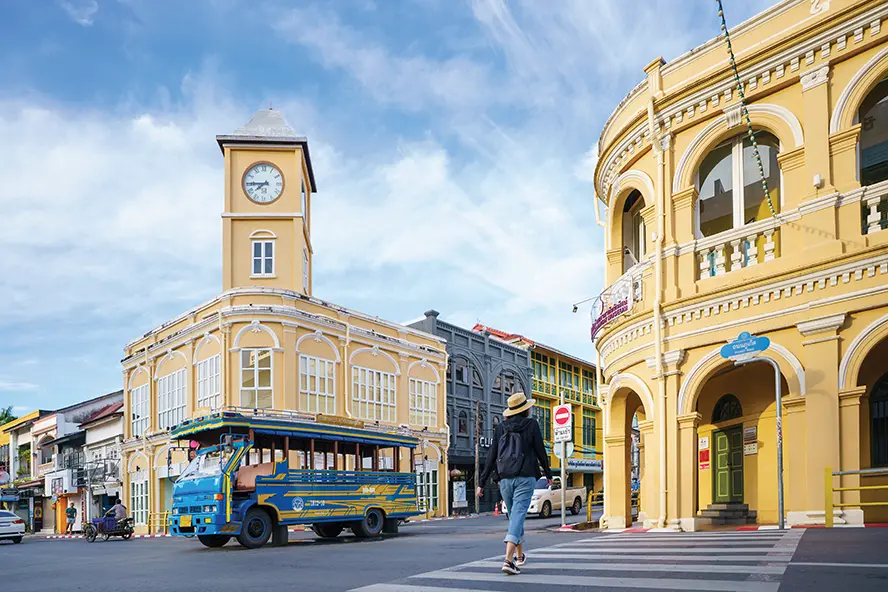 “The bottom line is they are not very good at planning ahead for the long term. In terms of regulation, if you want to look at a debacle it’s the recent legislation around the legalization of marijuana. The basis of that was quite good – they were going to legalize for medical purposes only –but the legislation that went through allowed pretty much carte blanche legalization of marijuana.
“The bottom line is they are not very good at planning ahead for the long term. In terms of regulation, if you want to look at a debacle it’s the recent legislation around the legalization of marijuana. The basis of that was quite good – they were going to legalize for medical purposes only –but the legislation that went through allowed pretty much carte blanche legalization of marijuana.
“With casinos, as far as I can tell, most people who are in favor think it’s a great idea because it will make a lot of money for the country, which is fair enough, but they don’t understand the regulatory and governmental will that needs to be put in place for the industry to be successful. I don’t think the politicians understand that.
“Business might understand that and will maybe work together with the government, but I think it will be a long, drawn out process. It doesn’t mean we won’t see casinos in Thailand before we see MGM open [its planned IR] in Japan (slated for 2029 if approved), but what kind of casinos they will be remains to be seen. I have my doubts.”
It isn’t all bad news for Thailand, however – particularly given recent speculation linking it with US casino giants Las Vegas Sands (LVS) and MGM Resorts.
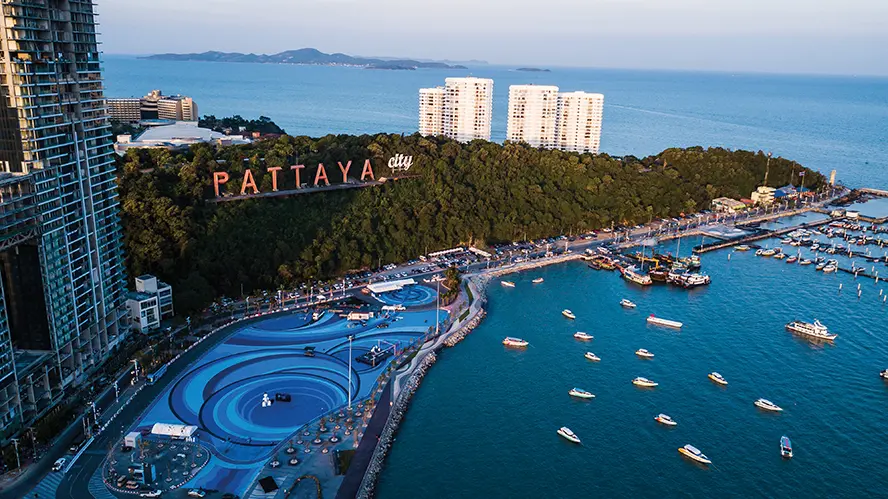 In March, LVS Chairman and CEO Rob Goldstein revealed the company was in talks with a “major country” around “building something of scale much like Marina Bay Sands.” Analysts were quick to suggest that this major country was likely Thailand.
In March, LVS Chairman and CEO Rob Goldstein revealed the company was in talks with a “major country” around “building something of scale much like Marina Bay Sands.” Analysts were quick to suggest that this major country was likely Thailand.
More recently, in August, MGM’s CEO and President Bill Hornbuckle confirmed his company’s interest in new investment opportunities around the world and that it was specifically keeping a close eye on Thailand.
Speaking alongside Bromberg at G2E Asia, former SVP of Development for Hard Rock International, Daniel Cheng, argued there was no reason to think Thailand’s regulatory environment would dissuade the world’s major IR operators from investing.
“Even in Macau, when they did the first regulation back in 2002, the law was enough to allow American operators to come in – despite the fact that the junkets were there,” Cheng recalls.
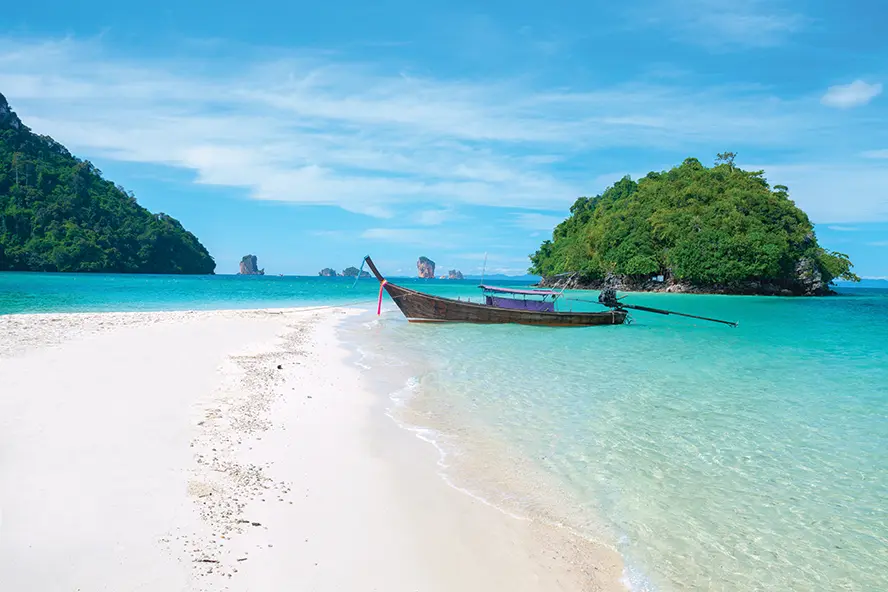 “Maybe the bar has risen now because of lessons learned, but I think from a regulatory point of view … for this pending casino legislation there is almost unanimous support from all sides of the political realm. And we can’t discard the fact that they have convened an extraordinary committee that has been meeting since December and has held two dozen meetings comprising over 100 people. So the will [of Thailand to legalize casinos] is very clear and I think the government would be able to enact legislation that is of a standard enough for international investors to be compliant with their home jurisdictions.
“Maybe the bar has risen now because of lessons learned, but I think from a regulatory point of view … for this pending casino legislation there is almost unanimous support from all sides of the political realm. And we can’t discard the fact that they have convened an extraordinary committee that has been meeting since December and has held two dozen meetings comprising over 100 people. So the will [of Thailand to legalize casinos] is very clear and I think the government would be able to enact legislation that is of a standard enough for international investors to be compliant with their home jurisdictions.
“Of course, the reality once it actually opens, just like the cannabis law, is another story.”
According to Cheng, Thailand’s will to develop a successful casino industry differs somewhat to other Southeast Asian nations – the likes of Cambodia, Vietnam, Laos and to a lesser extent the Philippines – where governments are either unaware of holes in their regulatory framework or lacking the motivation to plug them. What, for example, are international investors to make of the recent situation at Okada Manila, where a group representing ousted chairman Kazuo Okada stormed the property and seized control for a full three months before the regulator granted permission for the legal owners to retaliate?
 It is in this regard that Cheng also believes Thailand holds “last mover advantage”, allowing it to take on board all the successes of jurisdictions like Singapore and the failures of others like Japan in determining how its own regulatory framework should look.
It is in this regard that Cheng also believes Thailand holds “last mover advantage”, allowing it to take on board all the successes of jurisdictions like Singapore and the failures of others like Japan in determining how its own regulatory framework should look.
“They have the opportunity to assess this and then match it to their particular cultural and economic context,” he says. “I think they will do very well.”
There are two other factors working in Thailand’s favor too. Not only does it already have strong infrastructure in place to support significant tourist traffic, it also boasts an international currency that is strong enough to support gaming in its own right – a far cry from Cambodia or Vietnam which generally use US dollars, or even Macau which favors the Hong Kong dollar over the local pataca.
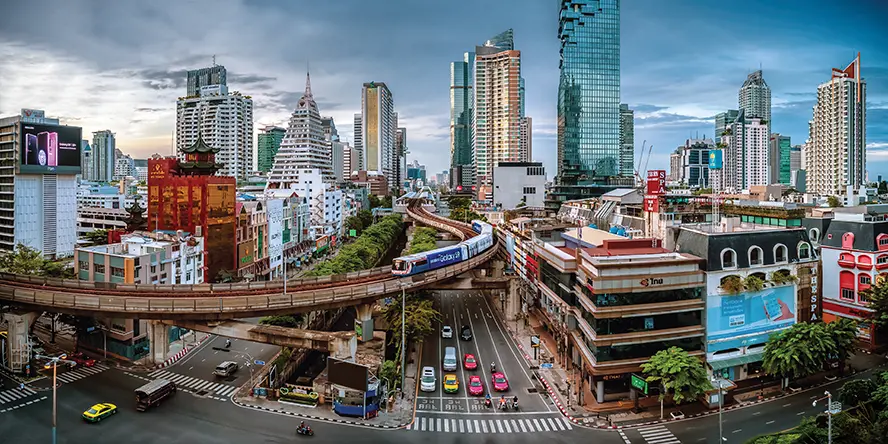 “When we talk about the Indochinese countries, I wouldn’t group Thailand together with places like Myanmar, Cambodia and Vietnam,” Cheng explains. “I think Thailand is much more advanced from an economic development point of view.
“When we talk about the Indochinese countries, I wouldn’t group Thailand together with places like Myanmar, Cambodia and Vietnam,” Cheng explains. “I think Thailand is much more advanced from an economic development point of view.
“Cambodia uses US dollars as gambling currency because the local currency doesn’t have any strength in the international market, but the Thai baht is fine.”
“We’re way ahead of ourselves now,” adds Bromberg, “but if Thailand does legalize casino gambling I’m sure it will all take place in Thai baht. Visitors will exchange money and they will gamble in Thai baht as well, so that’s not something I see becoming an issue.”























